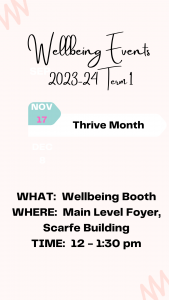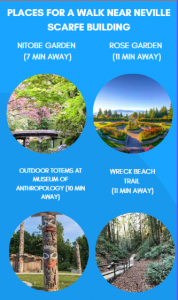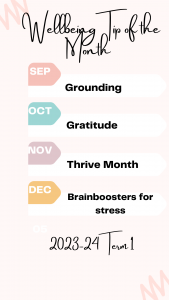GRATITUDE
As we usher in the autumn season, we are publicly reminded to give thanks. Specifically, Thanksgiving Day is observed annually on the second Monday of October in Canada. Did you know that Thanksgiving is rooted in Indigenous values, cultures, and foods? Celebrating the harvest and giving thanks to Mother Earth is a tradition long-held by Indigenous peoples before colonial settlers arrived. Having said this, it would be remiss of us not to take pause and reflect on the darker history of Thanksgiving, specifically, the systemic stripping of land, families, and identity of Indigenous peoples by colonial settlers. Acknowledging the truth of the history and ongoing impacts of the residential school system in Canada is a crucial element of the reconciliation process.
While we are reminded to reflect on what we are most thankful for annually, research indicates that practicing gratitude daily reaps many benefits for our mental health and wellbeing. Gratitude can:
- Increase feelings of happiness, and decrease feelings of depression
- Improve quality of sleep
- Decrease feelings of stress
- Increase resiliency and grit
- Improve self-esteem
- Enhance social connections.
In fact, practicing gratitude has the capacity to rewire our brains! We have the capacity to train our brains to acknowledge the goodness in our lives, and harvest the benefits listed above. So what can you do to get started? Try one of these three gratitude practices:
- Create a gratitude jar. Write down what you are grateful for on a piece of paper and place it in a jar. Over time, you’ll visually be able to see all that you have to be grateful for!
- Engage in a 5 minute guided meditation for gratitude.
- Write a letter to someone you are grateful for and express why you are grateful for this person. A recent research study of post-secondary students seeking counselling for anxiety and depression found that writing gratitude letters significantly improved their mental health.
Which gratitude practice will you try today?
Take good care of you,
Education Embedded Counselling & Wellbeing


